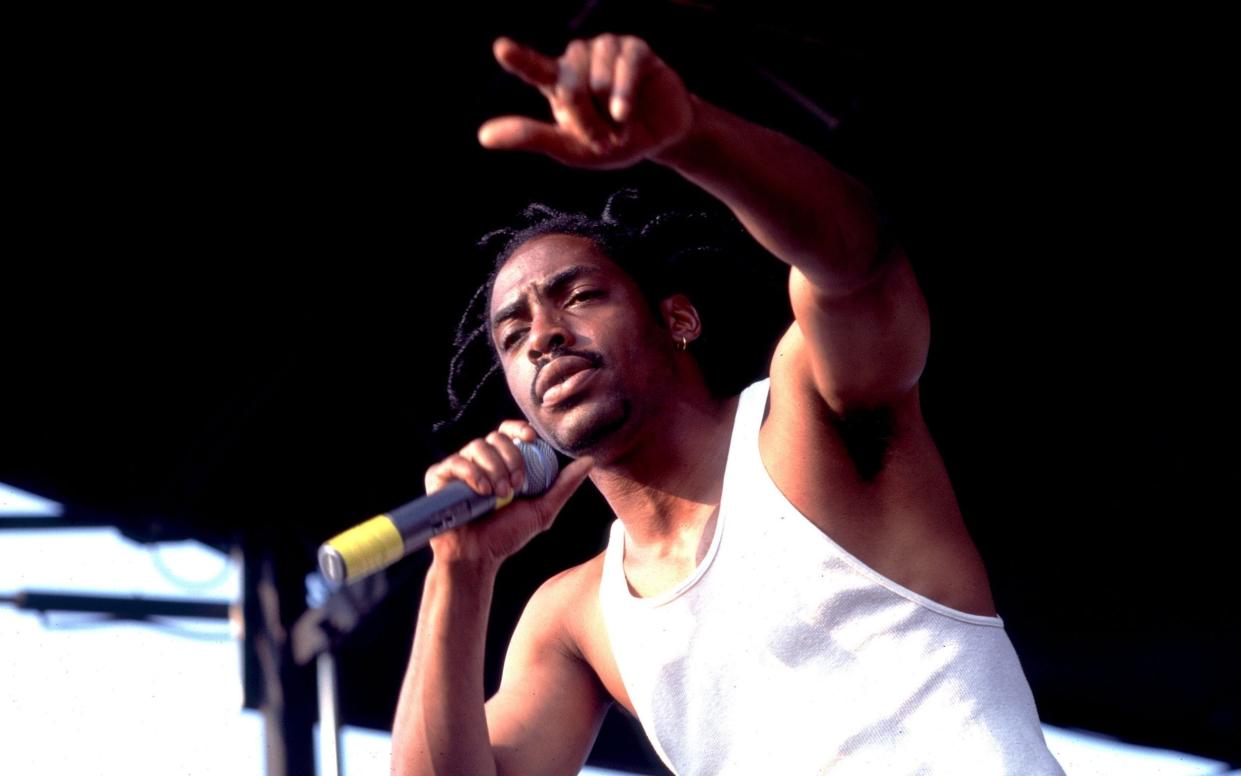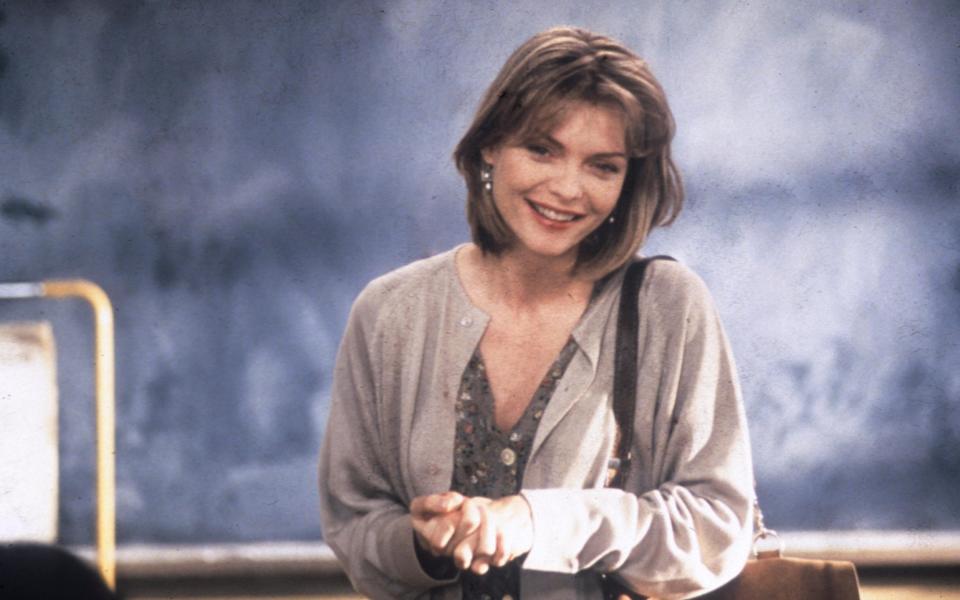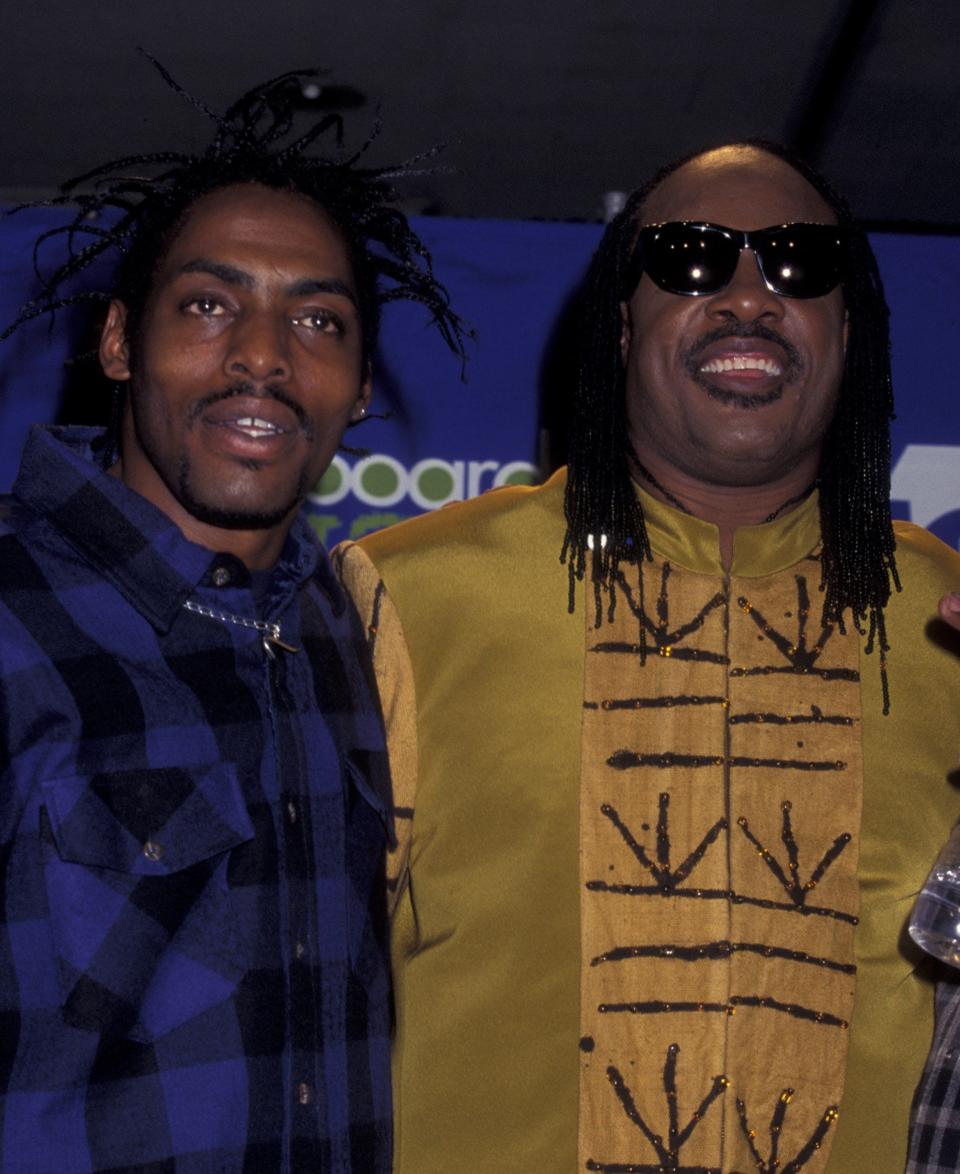Coolio, rapper whose hit Gangsta’s Paradise was the first hip-hop song to sell a million copies in Britain – obituary

Coolio, the rapper who has died suddenly in Los Angeles aged 59, was indelibly associated with his song Gangsta’s Paradise, which became a global hit in 1995 and helped pave hip-hop’s entry into the mainstream of popular music.
As he remembered it, he had just made a comfort stop at his manager’s house when he heard in the neighbouring studio a track with which the producer Doug Rasheed was tinkering. It was a reworking of Pastime Paradise, originally on Stevie Wonder’s album Songs in the Key of Life (1976).
“I sat down and started writing,” Coolio told Rolling Stone. The first words that came to him were from Psalm 23 – “As I walk through the valley of the shadow of death” – but he finished the couplet “I take a look at my life and realise there’s nothing left.”
He finished the song on the spot. “I like to believe it was divine intervention,” he said, “it wanted to come to life, and it chose me as the vessel.” The result was a striking if melancholy ode to ghetto life from the perspective of a young man used to sudden death who wonders if he will live to see 24.
Its bleakness – rather out of character for Coolio’s music, in fact – was counterpointed by gospel choir harmonies provided by the singer L.V. Stevie Wonder gave permission for his tune to be used, but only if Coolio took some offensive language out of the lyrics.
The track went on to feature in the film Dangerous Minds, starring Michelle Pfeiffer as a teacher in an inner-city school. She also appeared in the video for the song, which became the best-selling record of 1995 in America and reached No 1 there, in the UK and in numerous other countries.

It was the first rap song to sell one million copies in Britain and the accompanying album sold five million copies worldwide. The track brought Coolio a Grammy, a parody song by Weird Al Yankovic – Amish Paradise – and now has more than a billion listens on Spotify and YouTube.
Coolio was born Artis Leon Ivey Jr on August 1 1963 in Monessen, Pennsylvania, but grew up in Compton, Los Angeles. His real father was then in prison, while his stepfather worked for the post office and his mother in a factory.
As a child, he suffered severely from asthma, but he was bright and drawn to books. After his stepfather and mother divorced, when he was 10 or 11 his mother made use of his intelligence to hustle money, deploying him in games of dominoes played against men.
By his teens, however, he felt obliged to adopt a more aggressive persona to fit in and joined a gang. He spent time in jail at 17, and, though he attended Compton Community College, became hooked on crack cocaine.
He attributed his giving-up of the habit to the levels of fitness needed when he subsequently trained as a fireman in San Jose. Several other jobs followed, including a stint as security guard at Los Angeles International Airport.
Meanwhile, he was becoming known for his rapping ability within the emerging West Coast scene. As part of the group around the performers WC and the Maad Circle, he featured on the LP Ain’t a Damn Thing Changed (1991). He gained his sobriquet after appearing on stage in rap contests and being asked by a friend if he thought he was “Coolio Iglesias”.

His breakthrough came when he signed to the influential Tommy Boy records. In 1994, his single Fantastic Voyage reached No 3 in America. Based around a funk track from 1980 by Lakeside, it showcased Coolio’s relaxed, humorous personality, which was less pugnacious (and so, more accessible to a white audience) than much of hip-hop at the time. The LP It Takes a Thief charted in the Top 10 the same year.
Although Coolio never repeated the success of his biggest hit, being surpassed as the acceptable face of hip-hop by the likes of Puff Daddy, he sustained his career for some years after. His songs appeared in television shows and films – Clueless (1995) featured Rollin’ With My Homies – and he had a small role in Batman and Robin in 1997.
The reflective single CU When U Get There, which used Pachelbel’s Canon, reached No 12 that same year in America, but sales of the album My Soul were thought disappointing, and his label dropped him. He also attracted unwelcome publicity after being charged with shoplifting in Germany.
Thereafter he released half a dozen albums independently, but largely concentrated on the opportunities available to fading celebrities, such as publishing a cookbook, touring with other acts from the 1990s, and appearing in Celebrity Big Brother. He was also a spokesman for asthma charities, and a keen golfer.
In 2013, Coolio was arrested for assaulting the mother of one of his children, Anabella Chatman. He was divorced from Josefa Salinas, to whom he was married between 1996 and 2000, and with whom he had a son and three daughters. He reportedly had six other children.
Coolio (Artis Leon Ivey), born August 1 1963, died September 28 2022

 Yahoo News
Yahoo News 
